- August 25, 2023
What Is AI(Artificial intelligence)

What Is AI (Artificial Intelligence)
In today’s rapidly evolving technological landscape, the term “AI” or “Artificial Intelligence” has become ubiquitous. From sci-fi movies to real-world applications, AI has taken center stage. But what exactly is What Is AI (Artificial Intelligence), and how is it reshaping our world? In this article, we’ll delve into the fascinating realm of What Is AI (Artificial Intelligence), exploring its definition, history, types, applications, and the promising future it holds.
What Is AI (Artificial Intelligence), often abbreviated as AI, is the simulation of human intelligence in machines that are capable of performing tasks that typically require human intelligence. It’s a multidisciplinary field that encompasses computer science, engineering, mathematics, and cognitive science.
1. Defining AI: The Basics

At its core, AI aims to create intelligent agents that can perceive their environment, reason about it, and take appropriate actions to achieve goals. These agents can learn from data, adapt to changing situations, and improve their performance over time.
2. The Evolution of AI

The concept of AI dates back to ancient times, but the term itself was coined in 1956. Since then, AI has witnessed cycles of excitement and disappointment, known as “AI winters.” However, recent breakthroughs in machine learning and deep learning have propelled AI into new realms of possibility.
3. Types of AI
4.1 Narrow or Weak AI
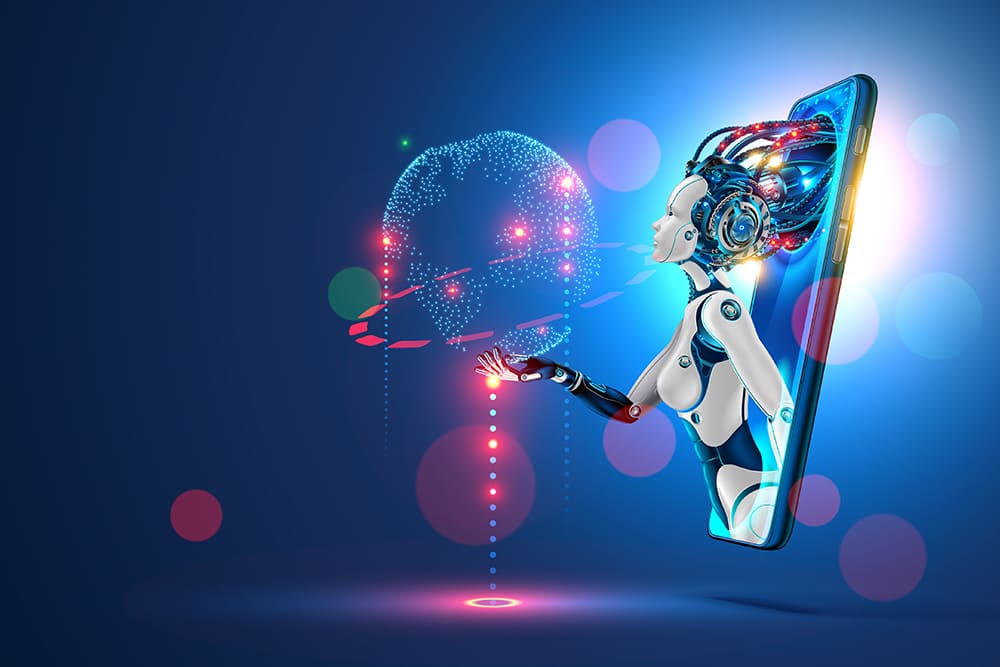
Narrow AI refers to AI systems that are designed and trained for a specific task. They excel in that task but lack the broader cognitive abilities associated with human intelligence.
4.2 General or Strong AI
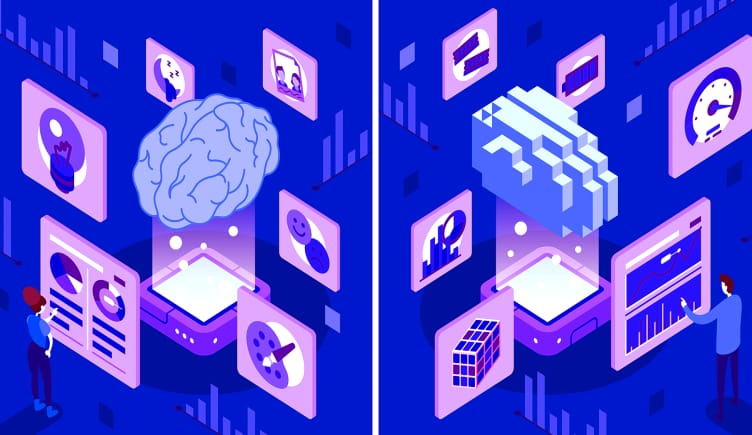
General AI is the theoretical concept of What Is AI (Artificial Intelligence) that possesses human-like intelligence. It can understand, learn, and apply knowledge across diverse tasks – a level of AI that is yet to be fully realized.
Read more : Digital marketing
4.3 Artificial Superintelligence
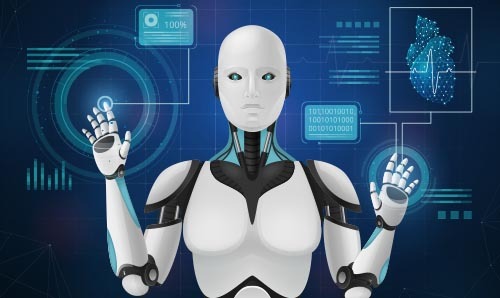
Artificial Superintelligence surpasses human intelligence and capabilities. It’s a realm of AI that sparks debates about control, ethics, and the very future of humanity.
4. How AI Works: Behind the Curtain
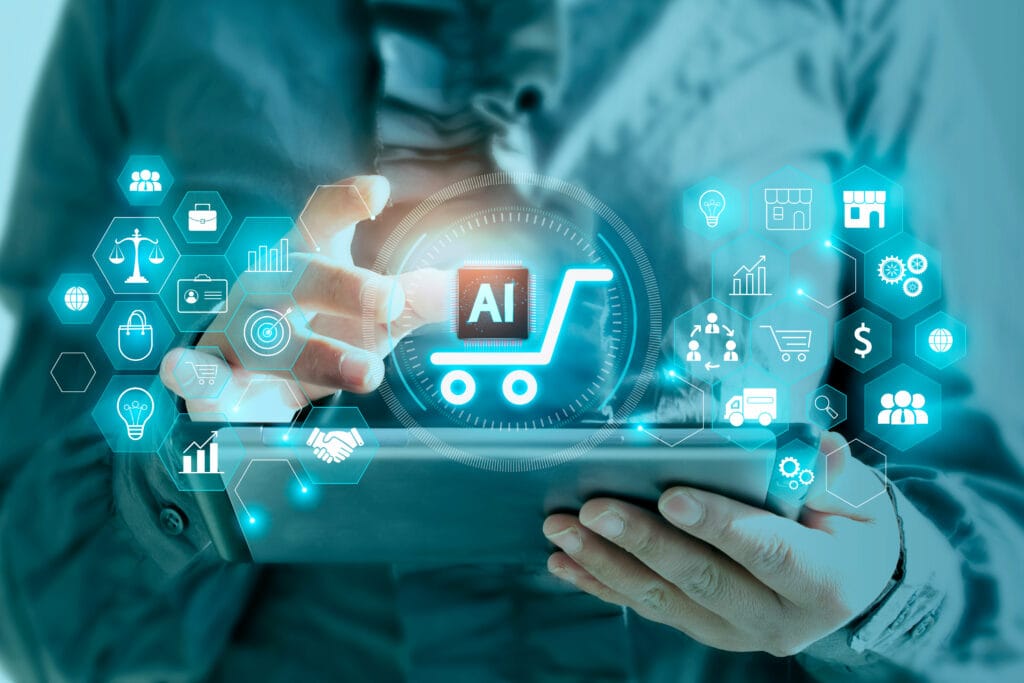
AI systems rely on data and algorithms to function. Machine learning, a subset of AI, enables systems to learn from data patterns and make predictions or decisions based on that learning.
Read more : Home Remedies for Hair Growth
5. AI in Everyday Life
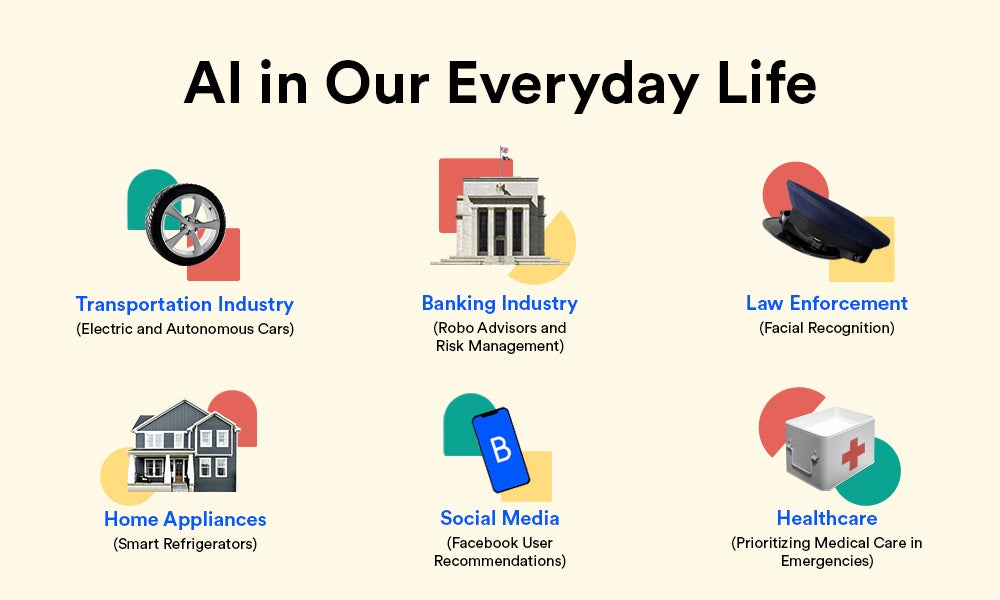
6.1 Virtual Assistants
Virtual assistants like Siri and Alexa demonstrate how AI can understand and respond to human voice commands, making our lives more convenient.
6.2 Healthcare
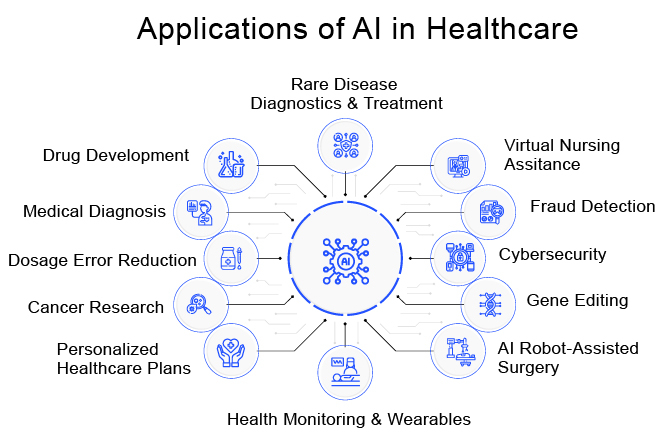
AI is revolutionizing healthcare through image analysis, diagnostics, drug discovery, and personalized medicine.
6.3 Automotive Industry
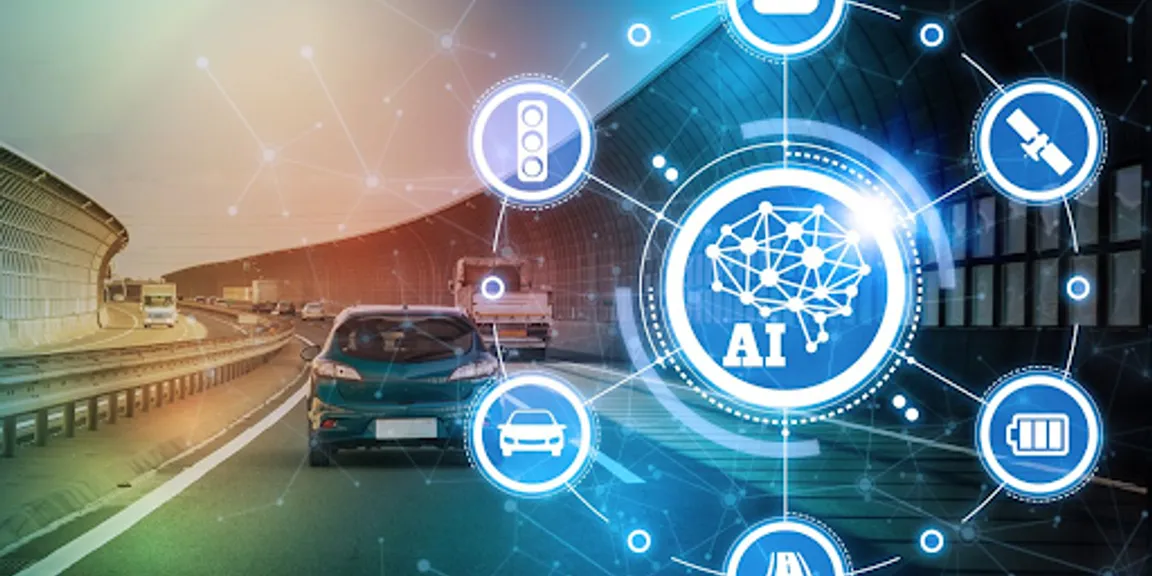
Self-driving cars are a prime example of AI’s impact on transportation, promising safer roads and enhanced mobility.
6.4 Finance Sector
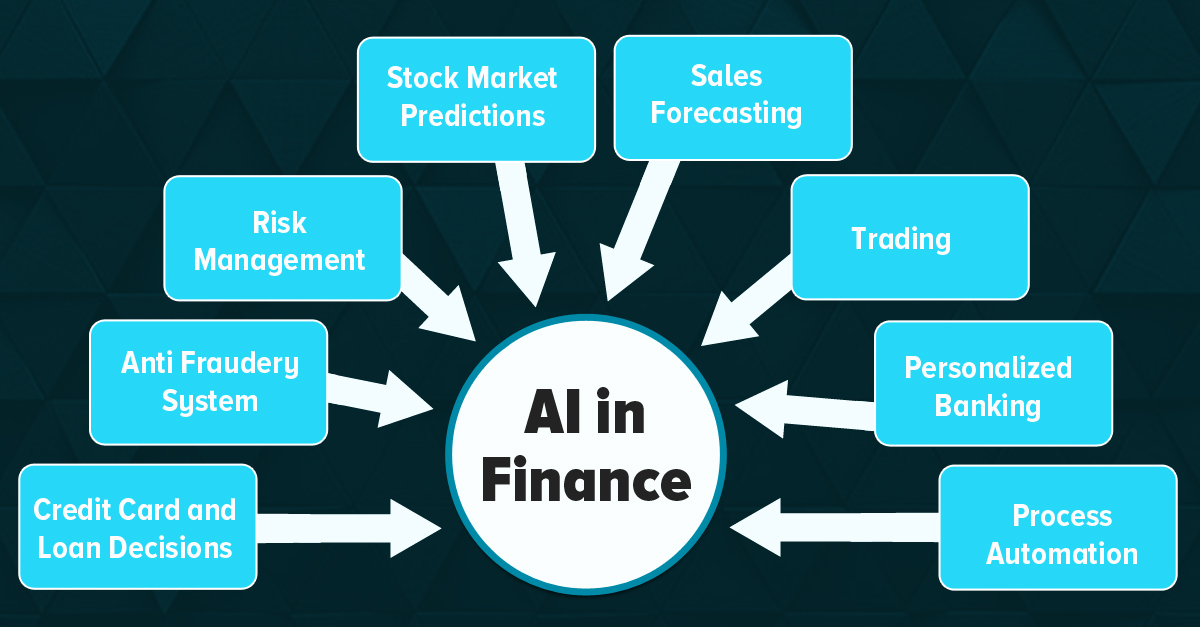
AI-driven algorithms optimize trading, risk assessment, fraud detection, and customer service in the financial world.
7. AI’s Impact on Industries
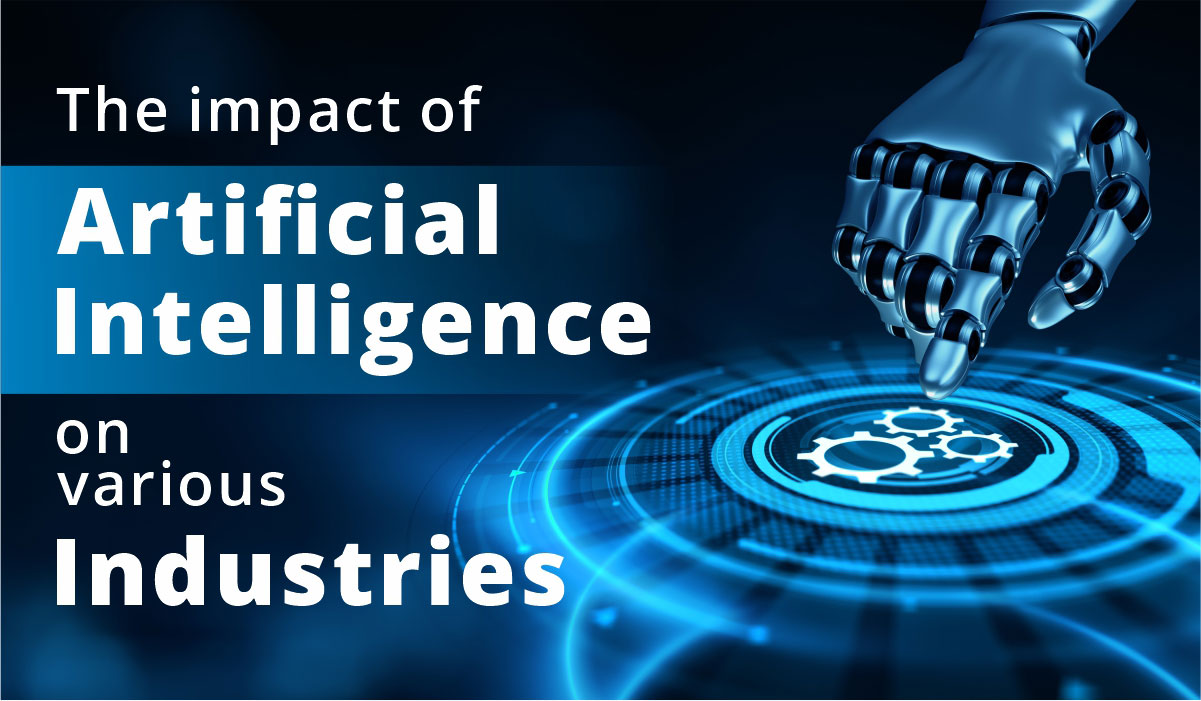
AI’s transformative potential spans across industries. It enhances efficiency, accuracy, and decision-making, leading to higher productivity and innovation.
You also read: best camera smartphone below 20000
8. The Ethical Implications of AI
8.1 Job Displacement and Transformation
The rise of AI raises concerns about job displacement, prompting the need for upskilling and reskilling the workforce.
8.2 Bias and Fairness Concerns

AI systems can inherit biases present in data, leading to biased outcomes. Ensuring fairness and accountability in AI is crucial.
9. The Future of AI: Possibilities and Speculations
9.1 Advancements in Automation
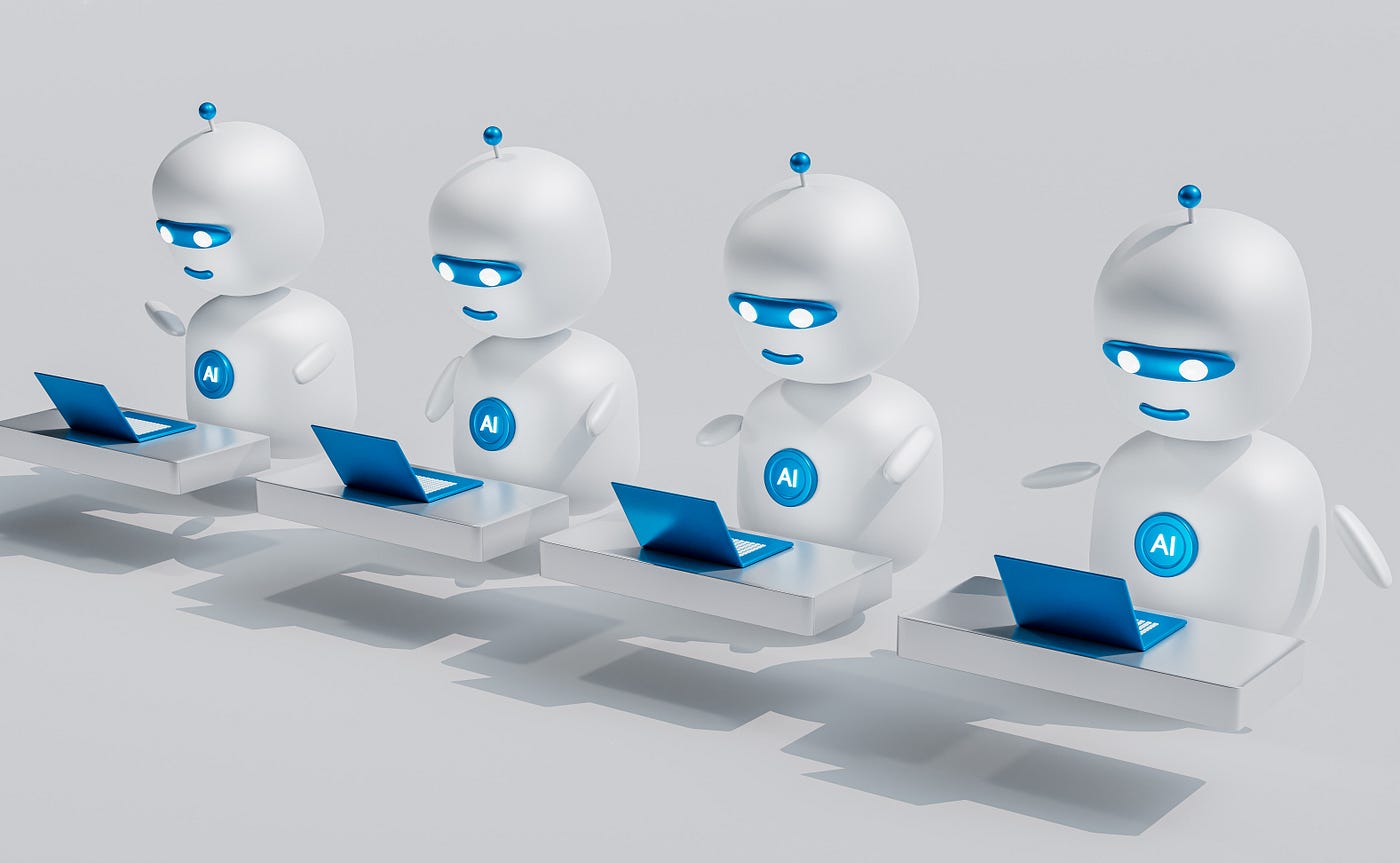
AI-driven automation could reshape industries, making routine tasks more efficient and allowing humans to focus on creativity and problem-solving.
9.2 Collaborative Intelligence
Human-AI collaboration could yield unprecedented results, combining human intuition and creativity with AI’s analytical power.
9.3 AI in Space Exploration

AI could expedite space research with autonomous rovers, data analysis, and decision-making in the challenging space environment.
Read Also: home remedies for glowing skin
Conclusion
AI’s journey from a concept to reality has been nothing short of remarkable. Its integration into various facets of our lives holds the potential to redefine how we work, interact, and explore the universe. As AI continues to evolve, ethical considerations will guide us in harnessing its power for the betterment of humanity.
FAQs
Q: What is AI?
A: AI, or Artificial Intelligence, refers to the simulation of human intelligence in machines to perform tasks that typically require human thinking.
Q: How does AI learn?
A: AI learns through data and algorithms, often using machine learning techniques to recognize patterns and make predictions.
Q: Is AI a recent innovation?
A: The concept of AI dates back decades, but recent advancements in machine learning have propelled it forward.
Q: What industries are AI-transforming?
A: AI is impacting various industries, including healthcare, finance, automotive, and more.
Q: What does the future hold for AI?
A: The future of AI includes enhanced automation, collaborative human-AI systems, and potential applications in space exploration.


